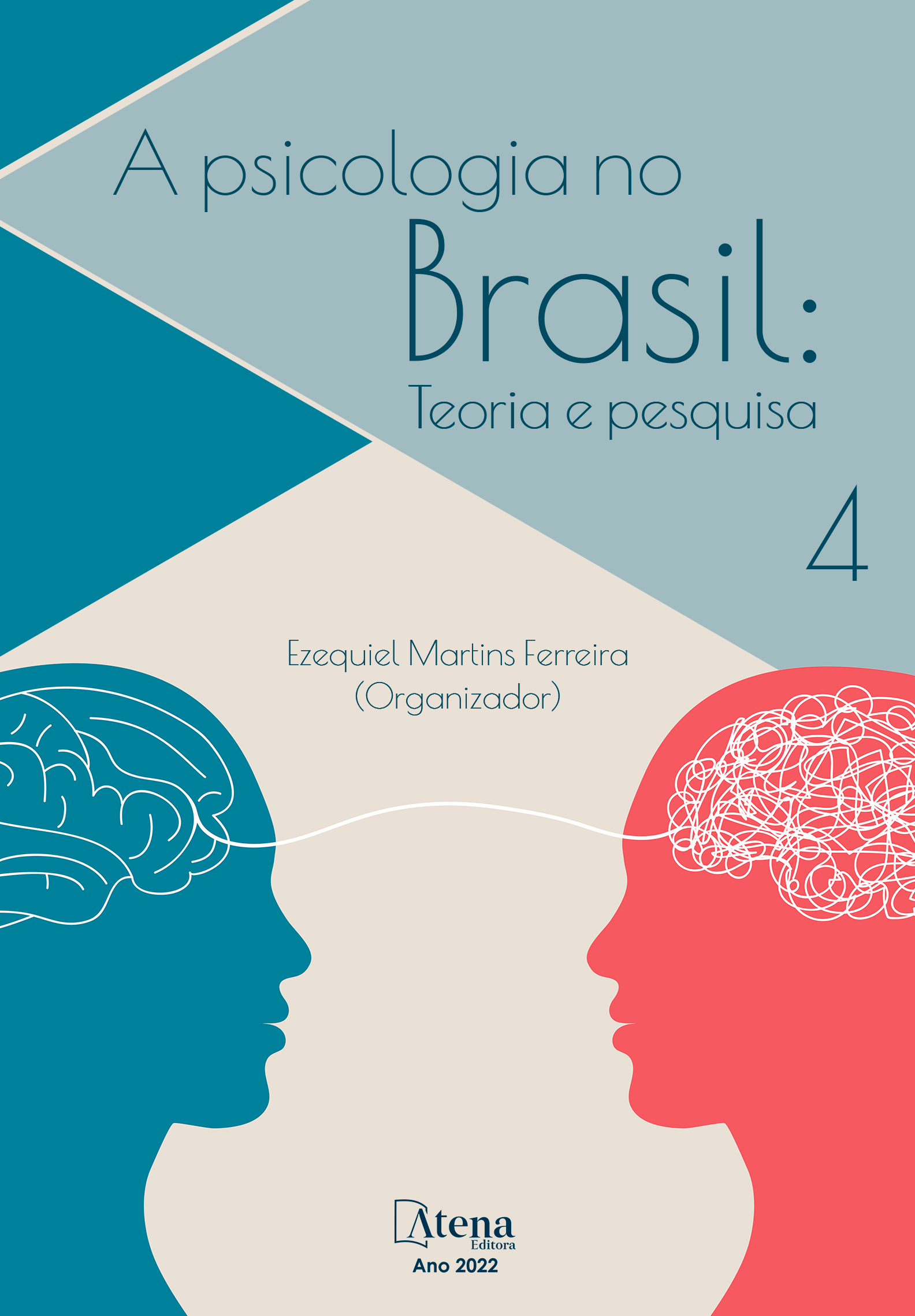
VALIDADE DE CONSTRUCTO DA ESCALA MULTIDIMENSIONAL DE PERFECCIONISMO COMPÓSITA 33 - VERSÃO PORTUGUESA REDUZIDA (EMPC-VPR)
O perfeccionismo está implicado no risco e manutenção de várias perturbações mentais, sendo um processo transdiagnóstico.
Objetivo: analisar a validade de constructo da Versão Portuguesa Reduzida da Escala Multidimensional de Perfeccionismo Compósita
Amostra: 259 estudantes do ensino superior (80.1% mulheres), com idade média de 20.58 anos (DP= 1.86; mín,-máx.: 18-31 anos).
Instrumentos: (1) EMP-H&F 13 (Soares te al., 2016), que avalia as dimensões Perfeccionismo Auto-orientado (PAO), Socialmente Prescrito (PSP) e Orientado para os Outros (POO). (2) EMP-F 24, que resultou da seleção dos quatro itens com peso mais elevado nas dimensões Padrões Pessoais (PP), Preocupação com os Erros (PE), Dúvidas sobre as Ações (DA), Expectativas Parentais (EP), Críticas Parentais (CP) e Organização (O), na versão portuguesa da EMP-F (Amaral te al., 2013).
Resultados: A análise de componentes principais dos itens da EMP-H&F 13 e da EMP-F 24 revelou dois fatores (Variância total explicada: Total-36.37%; F1-23.87%; F2-12.50%). Foi realizada a rotação varimax dos fatores e foram retidos no respetivo fator os itens com um peso fatorial >.40. O F1 avalia o perfeccionismo não adaptativo, englobando itens das dimensões PE, DA, EP, CP e PSP. F2 avalia o perfeccionismo adaptativo, incluindo itens das dimensões PAO, PP e O. A escala total e os fatores mostraram elevada consistência interna (α: Total=.891; F1=.894; F2=.884). F1 e F2 correlacionaram-se positivamente (r=.379, p<.01).
Conclusão: A versão reduzida da Escala Multidimensional de Perfeccionismo Compósita apresenta adequada validade de constructo e pode ser útil para avaliar o perfeccionismo adaptativo/ não adaptativo, na clínica e na investigação, levando menos tempo a administrar.
VALIDADE DE CONSTRUCTO DA ESCALA MULTIDIMENSIONAL DE PERFECCIONISMO COMPÓSITA 33 - VERSÃO PORTUGUESA REDUZIDA (EMPC-VPR)
-
DOI: 10.22533/at.ed.5062220044
-
Palavras-chave: Perfeccionismo; Validade de constructo; Escala Multidimensional de Perfeccionismo Compósita 33 - Versão Portuguesa Reduzida
-
Keywords: Perfectionism; Construct Validity; Composite Multidimensional Perfectionism Scale 33 - Portuguese Short Version
-
Abstract:
Perfectionism is implicated in the risk and maintenance of several mental disorders, being a transdiagnostic process. Objective: To analyze the construct validity of the Portuguese Short Version of the Composite Multidimensional Perfectionism Scale.
Sample: 259 higher education students (80.1% women) with a mean age of 20.58±1.86 years (range: 18-31 years).
Instruments: (1) The H&F-MPS 13 (Soares et al., 2016), which evaluates Self-oriented (SOP), Socially-prescribed (SPP) and Other-oriented (OOP) perfectionism dimensions. (2) F-MPS 24, which results from the selection of the four items with highest loadings in Personal Standards (PS), Concern over Mistakes (CM), Doubts about Actions (DA), Parental Expectations (PE), Parental Criticism (PP) and Organization (O) dimensions, in the Portuguese version of the F-MPS (Amaral et al., 2013).
Results: The principal components analysis of the H&F-MPS 13 and F-MPS 24 items indicated two factors (Total variance explained: Total-36.37%; F1-23.87% F2-12.50%). The factors varimax rotation was performed and the items with a factor loading >.40 were retained in the respective factor. The F1 assesses maladaptive perfectionism, including the items of CM, DA, PE, PC and SPP dimensions. The F2 evaluates the adaptive perfectionism, and includes items of SOP, PS and O dimensions. The total scale and the factors revealed high internal consistency (α: Total=.891; F1=.894; F2=.884). F1 and F2 were positively correlated (r=.379, p <.01).
Conclusion: The Short Version of the Multidimensional Perfectionism Scale Composite shows adequate construct validity, and it can be useful to evaluate the adaptive/maladaptive perfectionism in clinical and research settings, taking less time to administrate.
-
Número de páginas: 14
- Ana Telma Pereira
- Mariana Marques
- Ana Paula Amaral
- António João Ferreira de Macedo e Santos
- Maria João de Castro Soares


